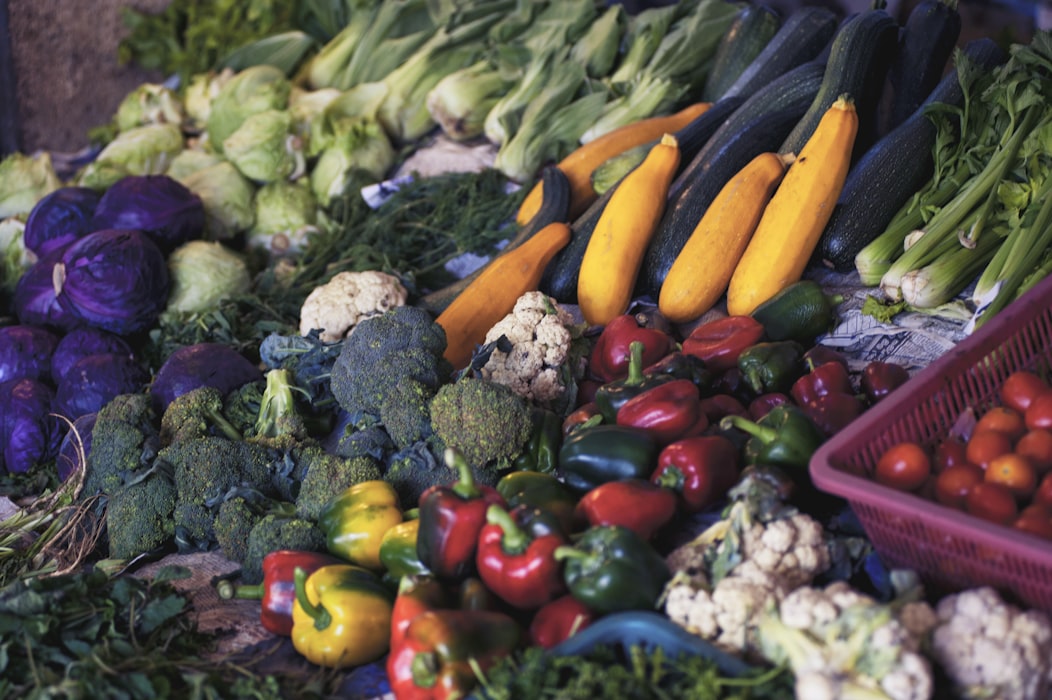Tonight, cook dinner and throw away 1/3 before you serve it to your family. Sounds not only wasteful but downright stupid, doesn’t it? However, that’s the amount of the food that we grow in our world that goes to waste. And yet there is famine, hunger, and food insecurity among children while our landfills overflow.
Supermarkets put out only the perfect produce for us to buy. They know that we won’t pay their prices for misshapen vegetables or fruit that has a slight bruise. Not that we get the chance to buy it, because stores toss it out, even though it tastes the same and is just as nutritious. After all, it’s all grown the same, in dirt or dangling from buggy trees.
I like the idea of a Canadian company who is packaging its appropriately named “No Name Naturally Imperfect” produce. These fruits and veggies can sell to markets cheaper, and markets can sell to us for less. In fact, Raley’s Nob Hill has announced that they’ll do just that in the near future.
I’ll be in line to buy it. I like saving money, getting a bargain, and eating apples that aren’t perfectly rounded or a shiny uniform color. Who knows? I might even learn to eat healthy.


